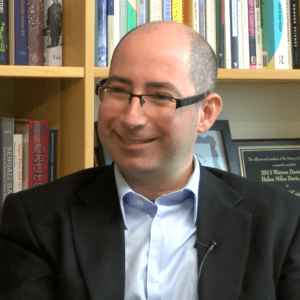Sean Carroll in Preposterous Universe:
 Science costs money. And for a brief, glorious period between the start of the Manhattan Project in 1939 and the cancellation of the Superconducting Super Collider in 1993, physics was awash in it, largely sustained by the Cold War. Things are now different, as physics — and science more broadly — has entered a funding crunch. David Kaiser, who is both a working physicist and an historian of science, talks with me about the fraught relationship between scientists and their funding sources throughout history, from Galileo and his patrons to the current rise of private foundations. It’s an interesting listen for anyone who wonders about the messy reality of how science gets done.
Science costs money. And for a brief, glorious period between the start of the Manhattan Project in 1939 and the cancellation of the Superconducting Super Collider in 1993, physics was awash in it, largely sustained by the Cold War. Things are now different, as physics — and science more broadly — has entered a funding crunch. David Kaiser, who is both a working physicist and an historian of science, talks with me about the fraught relationship between scientists and their funding sources throughout history, from Galileo and his patrons to the current rise of private foundations. It’s an interesting listen for anyone who wonders about the messy reality of how science gets done.
More here.
